Corporations apologise a lot nowadays. But they aren’t always sorry. Social media is the main driver behind this behaviour.
Social media, especially Twitter, has made corporations more visible, more accessible and - crucially - more accountable - to consumers. And when corporations face criticism, the default response is to apologise.
But apologies aren’t the same as being sorry. According to Sean O’Meara, publicist, communications consultant and author of ‘The Apology Impulse - How The Business World Ruined Sorry And Why We Can’t Stop Saying It’, along with Professor Sir Cary Cooper, being sorry requires self-examination and change. So, if you’re leading a company that’s called upon to apologise for something, here are five corporate apologies you absolutely shouldn’t copy.
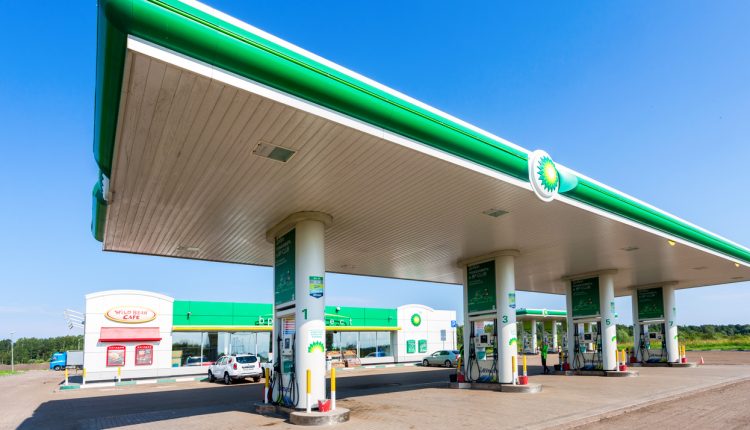
-
BP
BP CEO Tony Hayward’s apology for the 2010 Deepwater Horizon oil spill went down in crisis (mis)management folklore. There was plenty wrong with how he handled the entire crisis; he speculated, blamed others, relied on stereotypes and was generally ill-equipped throughout, but it was one comment that really cemented this as one of the worst corporate apologies of all time.
“I’d like my life back.”
While apologising for how he’d handled the crisis thus far, Tony Hayward thought people might want to hear about how the accident, in which 11 people died, affected him. They didn’t.
Lesson: It’s not about you. It’s never about you.
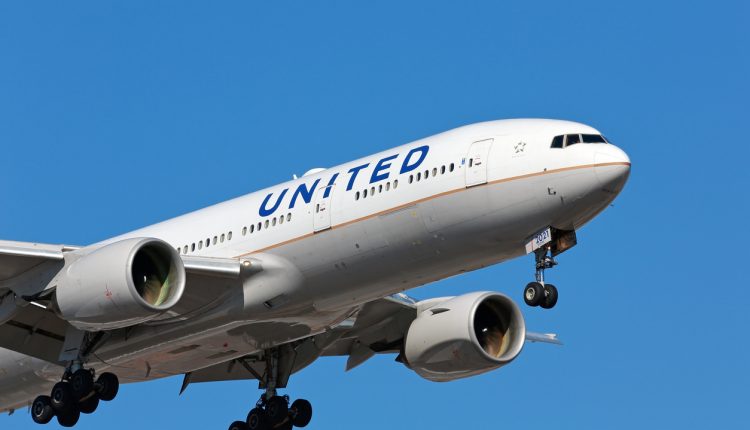
-
United Airlines
When a United Airlines passenger waiting to take off from Chicago O’Hare airport filmed security staff forcefully removing another passenger from the plane, it kicked off an absolute communications meltdown for American Airlines. The passenger, Dr. David Dao was selected at random for what is called ‘involuntary denial of boarding.’ In plain English, that means the airline wanted him to take a later flight so on-standby staff could have his seat.
However, Dao refused, saying he had patients to see in the morning and couldn’t afford not to take the flight. United CEO, when addressing the incident described what happened as “re-accommodation". He failed to acknowledge the fact that Dao was clearly injured as he was dragged off of the flight.
If you search Webster’s Dictionary online for the word “re-accommodate” and scroll down to the comments, you’ll see some rather unflattering comments about United Airlines CEO Oscar Munoz. This single word, used completely out of context in a bid to downplay the severity of what had happened, robbed Munoz and United the credibility they so badly needed during this crisis.
Lesson: Use plain English when apologising.
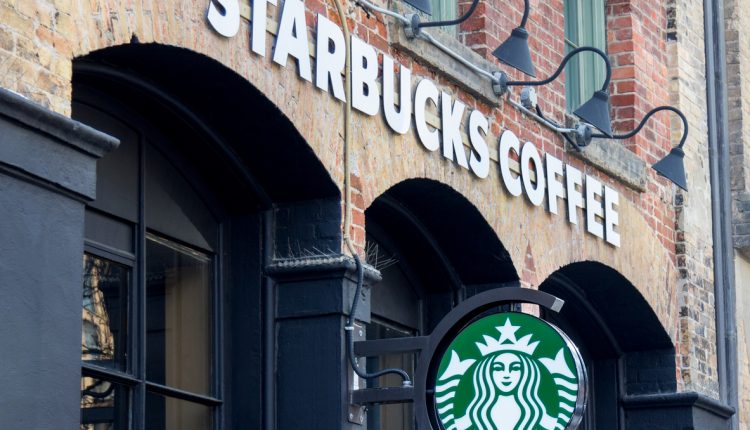
-
Starbucks
Starbucks’ apology after a manager at a Philadelphia branch was accused of racially profiling two businessmen having a coffee meeting was widely praised. The two men were waiting for a colleague before ordering, but one of them wanted to use the bathroom. The manager refused to let him, despite apparently letting other customers use it without having made a purchase. The customer protested and the police were called. Again, the incident was caught on camera and the footage went viral. Starbucks said sorry and their apology was sincere and unequivocal. They knew this was bad. Management even vowed to close down 8,000 stores to conduct bias training.
So far, so good. But then Starbucks chairman Howard Schultz added to the official apology with a commitment to never repeat the same mistake again. He promised that anyone could use the bathroom, regardless of whether they’d made a purchase, vowing that his staff would make the right decision “100% of the time.”
In committing his frontline staff to a completely unrealistic standard of conduct, he exposed them to intense scrutiny and pressure. Starbucks later had to revise the policy after an Internet prankster made the news for demanding - and getting - free coffee because of the incident.
Lesson: Don’t promise what you can’t deliver.
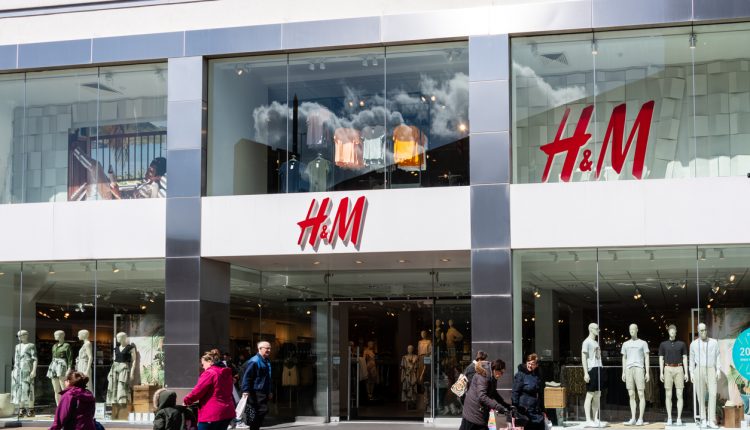
-
H&M
H&M used to sell LEGO themed socks. Then somebody realised that if you turned the socks upside down, the pattern on the sock looked a bit like it said ‘Allah’ in Arabic. So that customer went on Twitter and started making a fuss.
In response, H&M explained that any likeness to the word was a coincidence, before adding “but because our customers have complained, we have chosen to recall the items.” They never actually said sorry, but their conduct set an important precedent. It showed just how much power consumers have over corporations, even when the corporation hasn’t really done anything wrong.
Lesson: The customer isn’t always right.
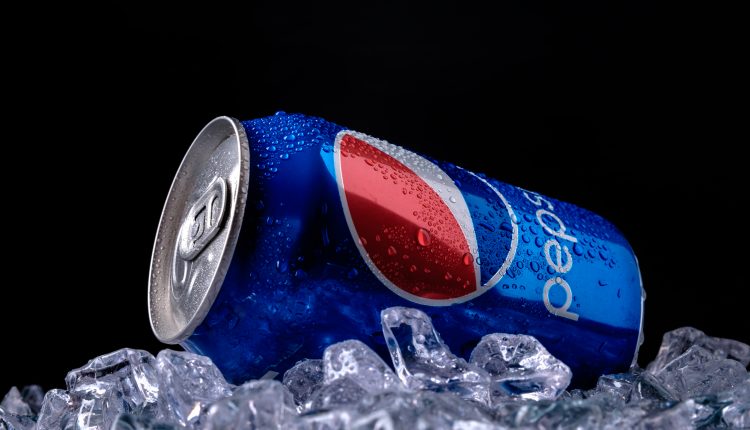
-
Any of these
What do Budweiser, Avon, Pepsi, Dove and Heineken have in common? Aside from each of them being a corporate giant, they all made almost identical apologies for almost identical advertising failures. “We missed the mark”. Once you notice it, you can’t un-notice it. The phrase, a vague concession to unspecific failure, is a staggeringly popular cop-out for corporations that aren’t prepared to really face up to their mistakes.
“We missed the mark” is corporate speak for “come on, give us a break”. But it’s not good enough.








